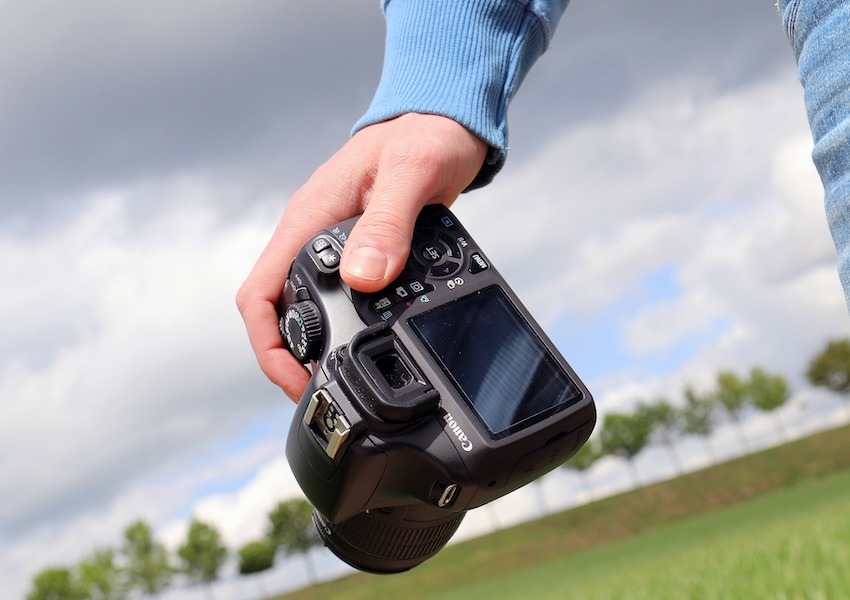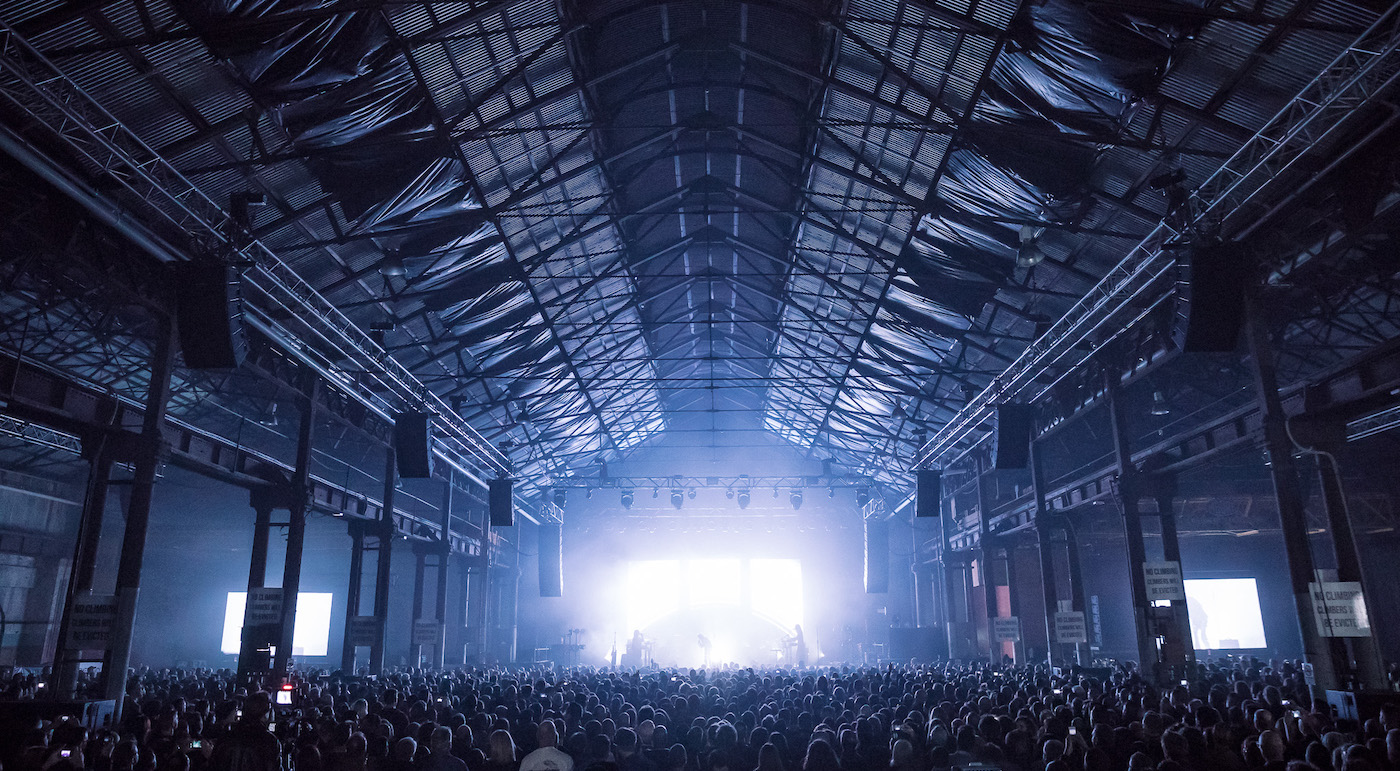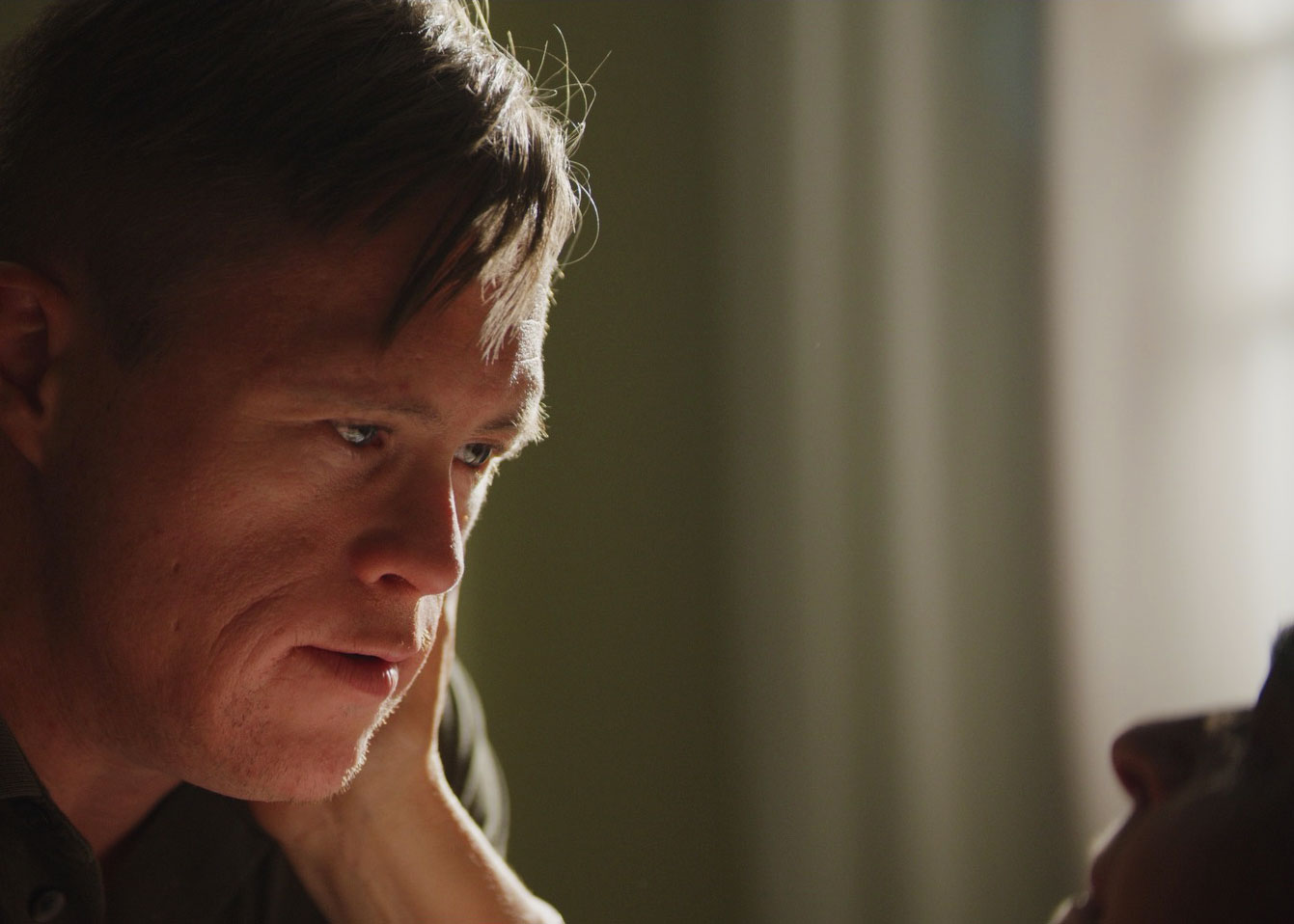
Are professional cameras still relevant?

By DAVID IVANI
It was a breakthrough when, in the 19th century it suddenly became possible to capture moments in time and imprint them on tangible objects. Nearly two centuries later, this phenomenon has undergone immense development to now becoming an integral part of our daily lives – photography.
Technology is developing at an alarming rate and so is the size into which modern cameras can be packed. We have evolved from large hard-to-carry boxes, to 12 megapixel smartphones that slide right into our pockets.

So, what many experts would now consider a lurking crisis, the camera industry is facing a major shift. On one hand, world-renowned brands such as Canon, Nikon, and Sony, have established themselves as the go-to giants, with a strong presence when it comes to supplying digital cameras. In contrast, the digital camera industry has seen an 86% drop in sales since 2010, according to Statista.
What needs to be discussed is why we should neither give up on digital cameras nor undermine their capabilities, compared to our smartphones – at least not yet.
First and foremost, photography is an art form – the expression obtained by using a digital camera is second-to-none. Whether it is the aperture, ISO, or shutter speed that are being adjusted, each photograph will come out uniquely different to the previous.

With the right knowledge, control, and skills, two photographs captured at an identical location and angle can each have completely opposite elements, i.e. light trails, motion blur, contrast, etc. That is not to say smartphones are incapable of translating one’s creativity into images, but the versatility of the options and possibilities that a digital camera offers is simply unmatched.
Smartphones have a long way to go before levelling the playing field with professional cameras.
Having a dedicated photography camera exposes the user to a plethora of different lenses, filters, polarisers, and attachments such as tripods and straps. All of these features offer the photographer the capacity to achieve the results they envision. Additionally, having the option to upgrade parts of a digital camera, means that their life expectancy is considerably higher than that of a smartphone, which again, only comes with in-built lens(es), one body, and very limited settings.

In terms of career prospects, digital camera photography continues to offer a glut of jobs. These range from commercial, scientific, architectural, travel, and fashion photography, to photojournalism, editing, and advertising. Professional photography is an ideal example of where skills and experience negotiate the terms; qualifications do very little. To even mention a smartphone’s photographic capabilities in this sphere would be laughable.
If it is not for work, then pleasure takes the spotlight. Digital camera photography is among some of the most profound hobby choices. It is for these purpose-built cameras that our skills and experiences of discovering new places, exploring and expanding our creativity, and improving our attention to detail, all undergo a shift toward the top of the learning curve. Smartphones may record the moment for memory’s sake, but digital cameras are the reason for which we go out explore and almost manipulate these moments to our style and liking.

All things considered, we can safely say that digital cameras are here to stay – at least for the next couple of decades – for they have proven their worth over the centuries, and have embedded themselves into our lives, just as abundantly as smartphones have.
David Ivani is a freelance photographer and contributor to City Hub









